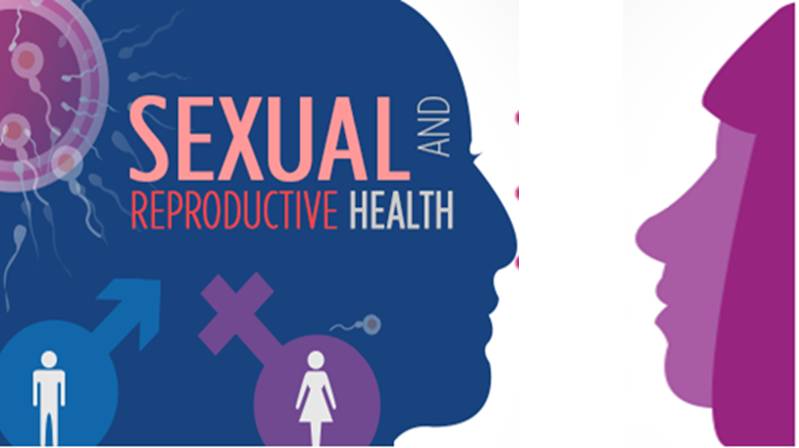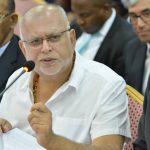Civil Society Organisations (CSO) have called for streamlining of access to Sexual and Reproductive Health and Rights (SRHR) services for adolescents without parental consent.
Chapter four of 1995 of the constitution of Uganda espouses these core principles, freedoms and rights however for many individuals, groups and communities in Uganda; the protection of such basic human rights remains unfulfilled promises.
At the heart of SRHR is the right to dignity and personal liberty which centers on the autonomy of a person. Ideally, every person should have the freedom to make independent decisions in their lives free from coercion, intimidation, or fear. Equally freedom from nondiscrimination and the right to equality is fundamental and critical to the realization of SRHR.
At least 21.5 percent of pregnancies in East Africa are adolescent pregnancies. Adolescent girls who are pregnant are five times more likely to face maternal mortality. One of five teen girls is a mother.
Rose Wakikona, a Senior Attorney at Women’s Link Worldwide said the government should align the national laws and policies with the principal of nondiscrimination as integrated within international human rights by decriminalizing health care services that are specifically needed by women like abortion.
“We want the government to develop laws and policies that speak to the realities of citizens by considering the data and statistics to address needs instead of developing laws and policies that merely reinforce ideological standards,” she said.
They claimed that SRHR should be considered and programmed for looking at all human beings including men and gender-expansive persons.
She urged the government to develop laws and policies that speak to the current realities of citizens by considering the data and statistics to address needs instead of developing laws and policies that merely reinforce dialogical standards.
The CSOs claimed that negative biases attached to a person’s HIV status, criminalization of HIV criminalization of consensual sex, critical reproductive health needs for women and stand as significant impediments to the realization of human rights among young people, women, sex workers and marginalized communities.








